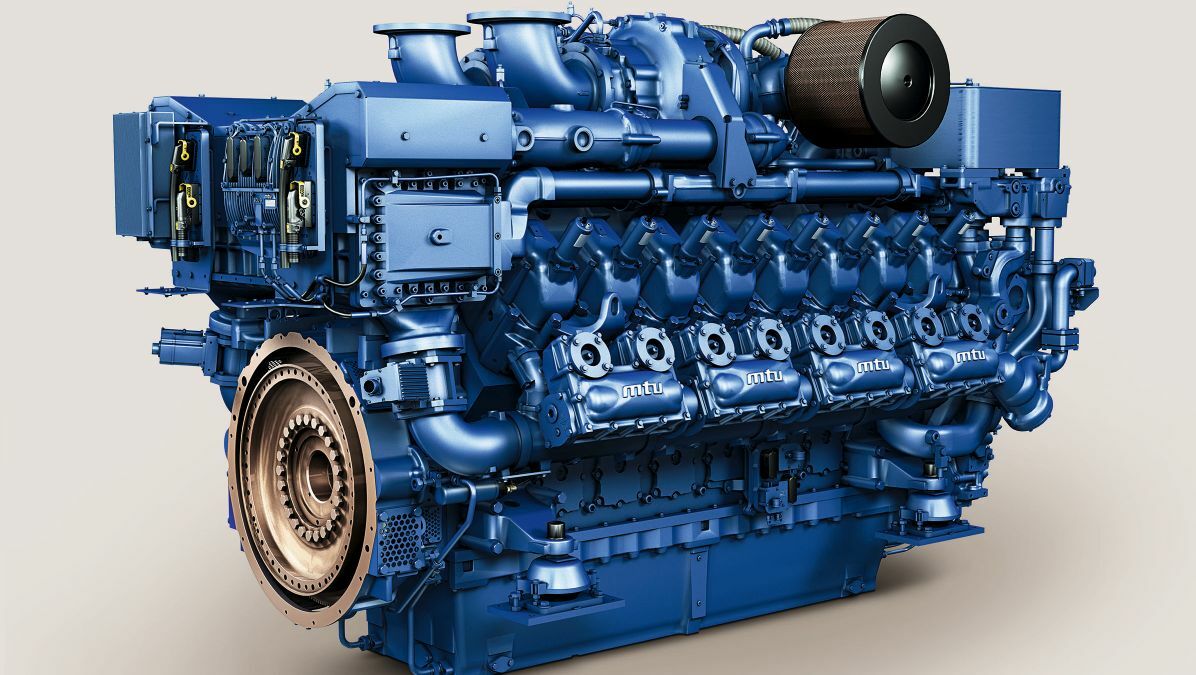Engines for Africa Available Currently! See Our Trusted Vehicle Parts Shop
Wiki Article
The Quest for Ultimate Driving Power: Examining the Pinnacle of Engine Efficiency and Technological Advancements in the Automotive Sector
In the world of vehicle design, the pursuit of maximum driving power has actually been a ruthless quest that has actually unfolded through the development of engine design and the combination of sophisticated innovations. From the meticulous craftsmanship of combustion engines to the rapid improvements in electrical propulsion systems, the automotive market stands at the cusp of a brand-new period defined by extraordinary efficiency capabilities. As researchers and designers dig much deeper right into the worlds of computational liquid dynamics and check out cutting-edge fuel innovations, the horizon of opportunities broadens significantly. Stay tuned as we unwind the complex tapestry of technical breakthroughs that are forming the future of automotive power and efficiency.Advancement of Engine Layout
:quality(70)/cloudfront-us-east-1.images.arcpublishing.com/archetype/L6BTGOWPX5EU5IZ22UXVPSL6FM.jpg)
Additionally, the assimilation of turbocharging and turbo charging modern technologies has actually transformed engine design by boosting power without dramatically enhancing engine dimension. These forced induction systems press the intake air, enabling even more fuel to be combusted, thus creating better power output from a smaller engine. This innovation has been especially crucial in improving the performance of smaller variation engines while keeping fuel effectiveness criteria.

Performance-Enhancing Fuel Technologies
The execution of sophisticated gas technologies has substantially contributed to improving engine performance in modern-day vehicles. Biofuels, acquired from eco-friendly resources like corn, algae, or sugarcane, deal lowered emissions and enhanced engine effectiveness. Additionally, gas additives and cleaning agents are being developed to tidy engine elements, optimize combustion, and reduce rubbing, thus enhancing overall lorry efficiency.Developments in Electric Propulsion
Significant strides in electric propulsion technology have reinvented the automotive market, paving the way for a brand-new period of effective and lasting transportation. Electric cars (EVs) are acquiring appeal due to their environmental benefits and developments in battery innovation, enabling longer driving ranges and shorter billing times. Makers are investing heavily in research study and advancement to enhance the efficiency of electric propulsion systems, concentrating on boosting power outcome, improving energy performance, and lowering general weight.One remarkable development in electrical propulsion is the advancement of innovative electric motors that deliver higher torque and power thickness, causing boosted velocity and total driving performance. In top article addition, regenerative braking systems have actually been fine-tuned to keep and catch power during deceleration, more improving the efficiency of EVs.
Furthermore, the integration of smart innovations, such as artificial knowledge and anticipating analytics, is maximizing the management of electrical propulsion systems, guaranteeing optimal performance under different driving problems. These innovations in electrical propulsion are improving the vehicle landscape, driving the industry in the direction of an extra lasting and energized future.
Effect of Computational Liquid Dynamics
With advancements in electrical propulsion pressing the boundaries of automobile modern technology, the assimilation of Computational Liquid Dynamics is playing a critical duty in maximizing wind resistant performance and enhancing general efficiency in car design. Computational Liquid Characteristics (CFD) involves the use of computer system simulations to analyze the circulation of air around a car, making it possible for designers to forecast just how style adjustments will influence the rules of aerodynamics without the need for expensive physical models. By properly modeling airflow patterns, CFD permits the refinement of automobile forms to reduce drag, enhance cooling, and improve stability.CFD makes it possible for designers to optimize air flow around parts such as radiators, engine bays, and wheel wells, adding to boosted performance and overall driving experience. In conclusion, the integration of Computational Liquid Dynamics represents a substantial action onward in the quest for best driving power and efficiency in the auto industry.
Future Trends in Engine Technology
In the vibrant landscape of automotive engineering, sophisticated developments are shaping the future trajectory of engine advancement. The future of engine style is noted by a solid focus on efficiency, sustainability, and performance. Manufacturers are significantly focusing on developing engines that not only supply high power results but also prioritize environmental duty by enhancing and lowering emissions gas performance.One prominent fad in engine innovation is the rise of electrification. Crossbreed and electric powertrains are getting grip as feasible alternatives read this to conventional combustion engines. These modern technologies use the potential for considerable reductions in carbon emissions and enhanced energy effectiveness, straightening with worldwide efforts to battle climate modification.
Moreover, developments in materials scientific research and production strategies are making it possible for the manufacturing of lighter and more durable engine parts. This shift in the direction of light-weight materials such as carbon fiber and aluminum alloys contributes to boosted performance and gas economy.
Verdict
Finally, the pursuit of utmost driving power in the auto field continues to drive improvements in engine design, gas innovations, electrical propulsion, and computational fluid characteristics. The advancement of these modern technologies is forming the future of engine technology, leading the way for a lot more reliable and powerful vehicles (engines for africa). As the market remains to push the limits of what is feasible, we can expect to see also much more innovative growths in the pursuit for peak performance
One of the essential milestones in engine style development is the change from traditional carbureted engines to modern fuel-injected systems. By specifically metering the gas shipment to each cylinder, fuel-injected engines optimize combustion, resulting in far better efficiency and minimized ecological influence.
Furthermore, the assimilation of turbocharging and supercharging innovations has reinvented engine design by improving power without significantly increasing engine size (engines for africa).The execution of innovative fuel innovations has significantly added to enhancing engine performance in check my source modern lorries. In addition, gas ingredients and cleaning agents are being created to tidy engine elements, maximize burning, and minimize friction, thereby increasing general lorry performance
Report this wiki page